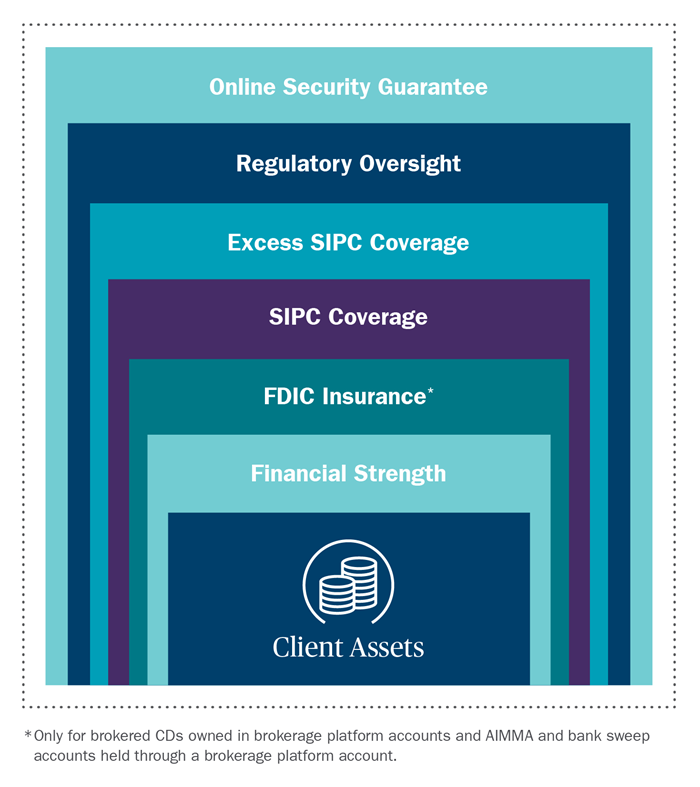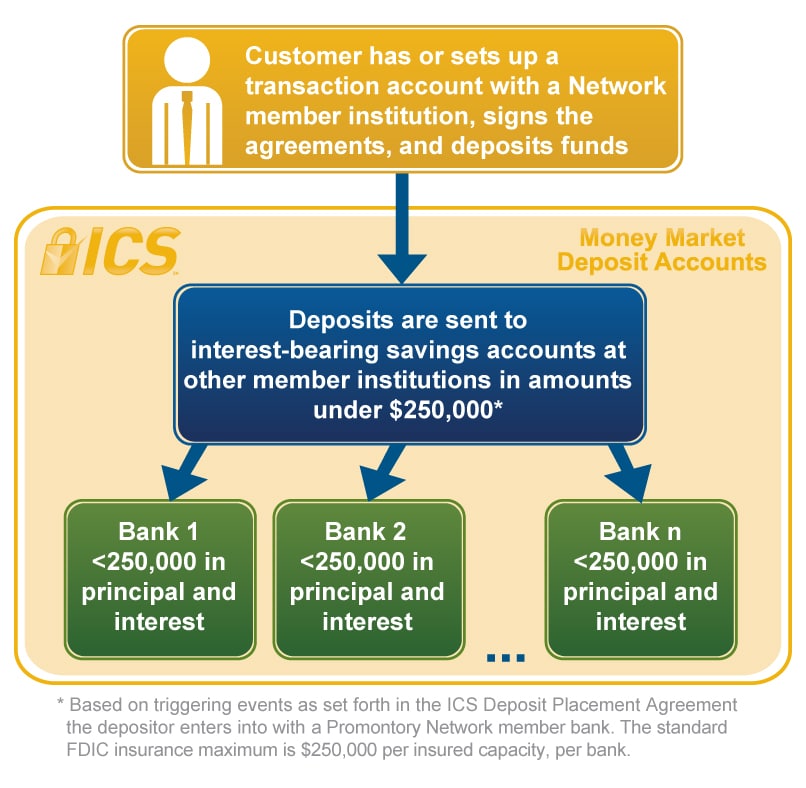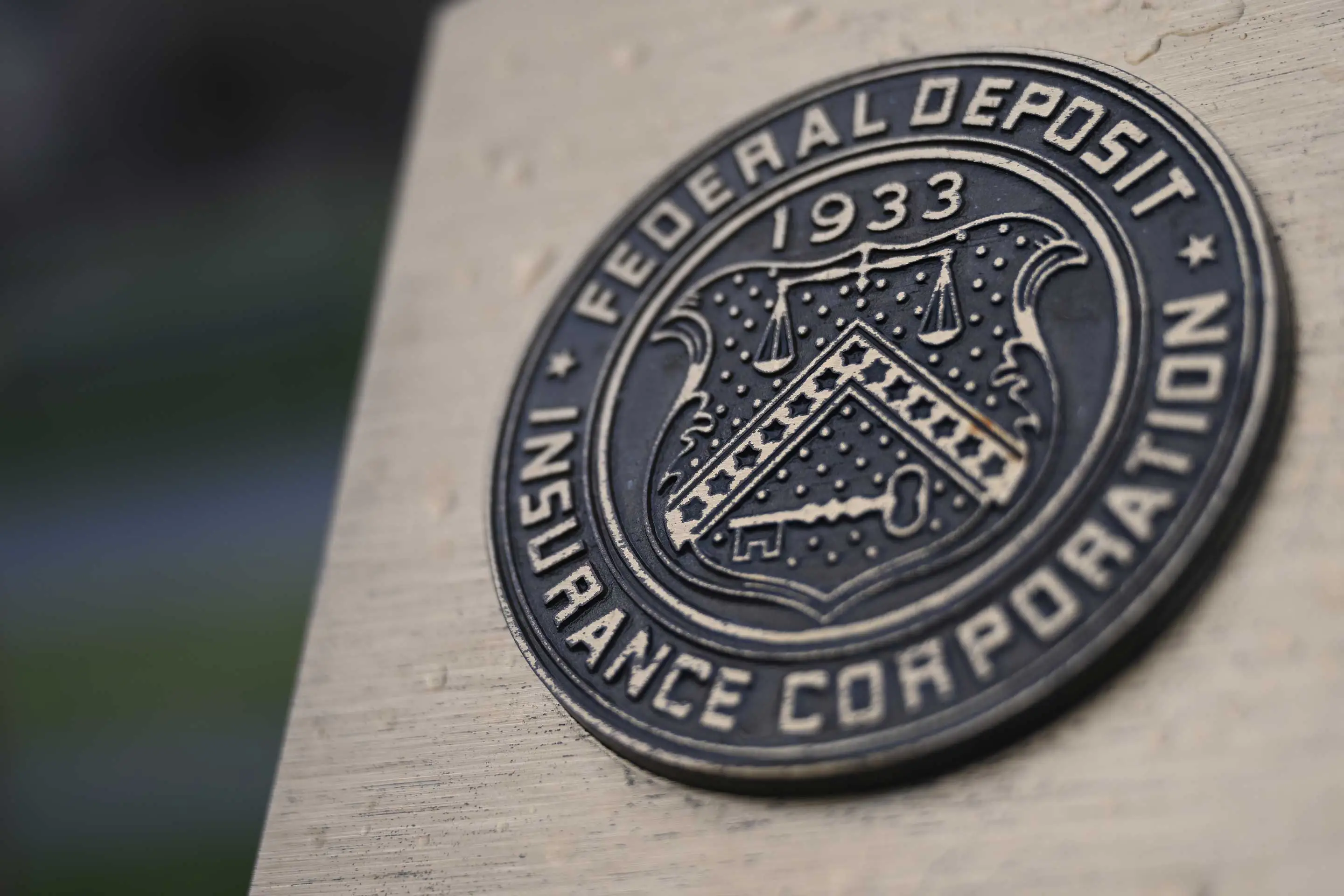What Is A Good Credit Score And How To Maintain It?
Do you know what a good credit score is and how to maintain it? Your credit score is a crucial factor in your financial life, affecting your ability to secure loans, credit cards, and even rent an apartment. Understanding the importance of a good credit score and taking steps to maintain it can lead to better financial opportunities and peace of mind.
A good credit score usually ranges from 670 to 850. Maintaining a good credit score requires responsible financial behavior, such as paying bills on time, keeping credit card balances low, and avoiding opening too many new accounts at once. In this article, we will explore the importance of a good credit score and provide tips on how to maintain it.
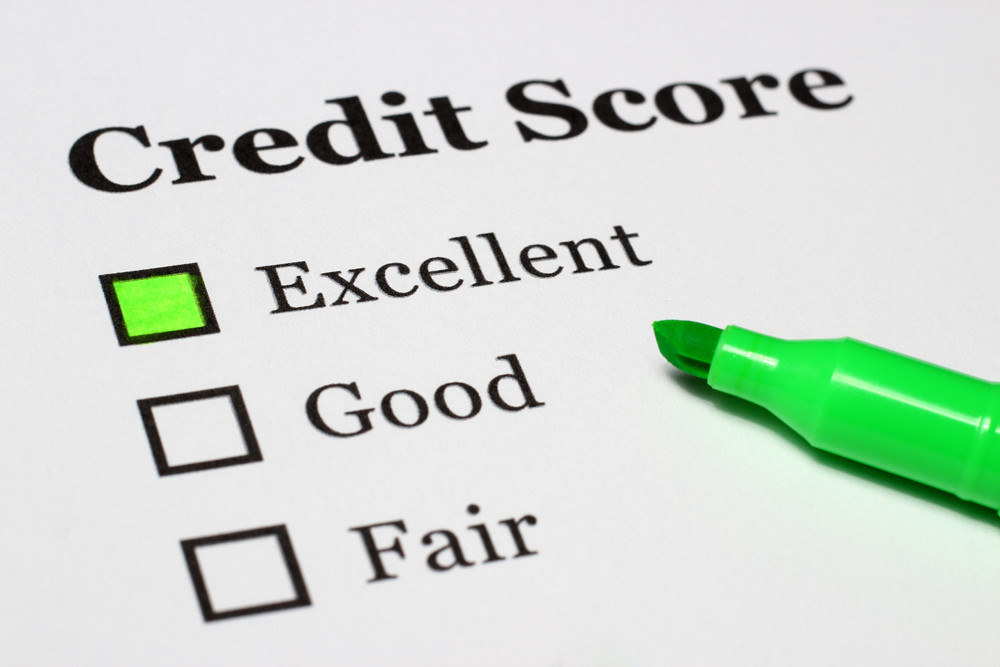
Understanding Credit Scores: What is a Good Credit Score and How to Maintain It?
If you are looking to apply for a credit card, loan, or mortgage, one of the first things lenders will consider is your credit score. A credit score is a numerical representation of your creditworthiness, based on your credit history. A good credit score can help you qualify for lower interest rates and better loan terms. In this article, we will discuss what is considered a good credit score and how you can maintain it.
What is a Good Credit Score?
A credit score is a three-digit number that ranges from 300 to 850. The higher the score, the better your creditworthiness. Here is a breakdown of the credit score ranges:
| Credit Score Range | Credit Rating |
|---|---|
| 300-579 | Poor |
| 580-669 | Fair |
| 670-739 | Good |
| 740-799 | Very Good |
| 800-850 | Excellent |
To qualify for the best loan terms and interest rates, you should aim for a credit score of 740 or higher. However, if your credit score falls under the “good” range, you can still qualify for credit, but you may not receive the best terms.
To maintain a good credit score, it’s important to understand how your score is calculated.
Factors That Affect Your Credit Score
There are five main factors that affect your credit score:
- Payment history
- Credit utilization
- Length of credit history
- Types of credit in use
- New credit
Your payment history is the most important factor in determining your credit score. Late payments, collections, and bankruptcies can significantly lower your score. It’s important to make all of your payments on time to maintain a good credit score.
Credit utilization is the amount of credit you are using compared to your credit limit. Using too much of your available credit can lower your score. It’s recommended to keep your credit utilization under 30%.
The length of your credit history is also important. The longer you have had credit, the better it is for your score. If you are new to credit, it may take some time to build a good score.
The types of credit you use also affect your score. Having a mix of credit, such as credit cards, auto loans, and mortgages, can improve your score.
Finally, opening too many new credit accounts at once can lower your score. Only apply for credit when you need it.
Tips for Maintaining a Good Credit Score
Here are some tips for maintaining a good credit score:
- Make all of your payments on time
- Keep your credit utilization under 30%
- Avoid opening too many new credit accounts at once
- Check your credit report regularly for errors
- Consider using a secured credit card to build credit
By following these tips, you can maintain a good credit score and qualify for the best loan terms and interest rates.
The Benefits of a Good Credit Score
Holding a good credit score can bring many benefits, including:
- Lower interest rates on loans and credit cards
- Better chances of approval for credit applications
- Higher credit limits
- More negotiating power for loan terms
- Lower insurance premiums
The Downside of a Poor Credit Score
If you have a poor credit score, you may experience some of the following disadvantages:
- Higher interest rates on loans and credit cards
- Lower credit limits
- Difficulty getting approved for credit applications
- Higher insurance premiums
- Difficulty renting an apartment or getting a job
Credit Score vs. Credit Report
A credit score is a numerical representation of your creditworthiness, whereas a credit report is a detailed record of your credit history. Your credit report includes information such as your payment history, credit utilization, and length of credit history. You can request a free credit report from each of the three major credit bureaus once a year to check for errors and monitor your credit.
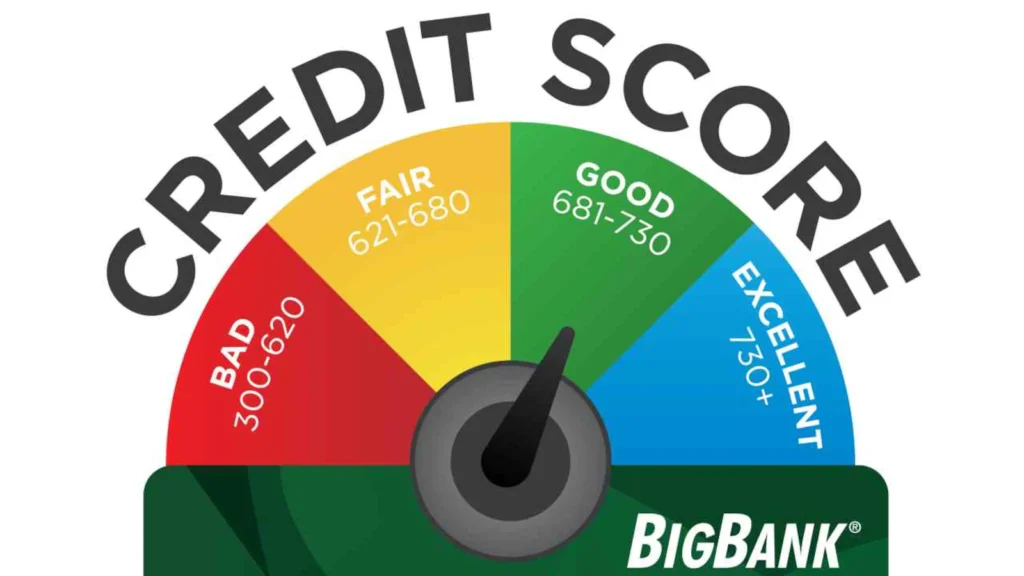
Conclusion
Having a good credit score is important for qualifying for the best loan terms and interest rates. By understanding the factors that affect your score and following the tips for maintaining a good score, you can improve your creditworthiness and reap the benefits of a good score.
Frequently Asked Questions
In this section, we will answer some of the most common questions about what a good credit score is and how to maintain it.
What is a good credit score?
A good credit score is typically considered to be anything above 700. However, the range of what is considered a good credit score can vary depending on the lender or credit bureau. A good credit score is important because it can impact your ability to get approved for loans or credit cards, and can also affect the interest rates and terms that you are offered.
To maintain a good credit score, it is important to make all of your payments on time, keep your credit utilization low, and avoid opening too many new credit accounts at once.
How often should I check my credit score?
It is recommended that you check your credit score at least once a year, but you may want to check it more often if you are actively working on improving your credit. You can check your credit score for free through many online services, or you can purchase a credit report from one of the major credit bureaus.
Checking your credit score regularly can help you spot any errors or fraudulent activity on your credit report, and can also give you a good idea of where you stand in terms of creditworthiness.
What factors can impact my credit score?
There are several factors that can impact your credit score, including your payment history, credit utilization, length of credit history, types of credit accounts, and recent credit inquiries. Late payments, high credit card balances, and opening too many new credit accounts at once can all have a negative impact on your credit score.
To maintain a good credit score, it is important to make all of your payments on time, keep your credit utilization low, and avoid opening too many new credit accounts at once.
How long does it take to improve my credit score?
The length of time it takes to improve your credit score can vary depending on several factors, including how low your score currently is and how quickly you can make changes to improve it. In general, it can take several months to see a significant improvement in your credit score.
To improve your credit score, focus on making all of your payments on time, paying down your credit card balances, and avoiding opening too many new credit accounts at once. Over time, these actions can help improve your credit score and increase your creditworthiness.
What should I do if I have a low credit score?
If you have a low credit score, there are several steps you can take to improve it. Start by making all of your payments on time, paying down your credit card balances, and avoiding opening too many new credit accounts at once. You may also want to consider working with a credit counselor or financial advisor to develop a plan to improve your credit.
Remember that improving your credit score takes time and effort, but the rewards of having good credit can be significant in terms of your ability to qualify for loans and credit cards, and the interest rates and terms that you are offered.

How to Build Credit and Improve Your Credit Score
In conclusion, a good credit score is crucial for anyone who wants to secure their financial future. It reflects your financial responsibility and can make a significant difference when it comes to getting loans or credit cards. To maintain a good credit score, you should always pay your bills on time, keep your credit utilization low, and avoid opening too many new accounts at once.
Remember, a good credit score is not something that you can achieve overnight, but it requires consistent effort and responsible financial management. However, the benefits are worth it, as a good credit score can help you save money on interest rates, get better loan terms, and even increase your chances of getting approved for a rental or job application.
So, start taking small steps today to maintain a good credit score, and you’ll be on your way to a brighter financial future. By following the tips mentioned above, you’ll be able to build a strong credit history that will benefit you for years to come.
:max_bytes(150000):strip_icc()/bank-47189639b37541338a6f383147cba708.jpg)

:max_bytes(150000):strip_icc()/how-can-i-easily-open-bank-accounts-315723-FINAL-3547624de9a648379a90fe38c68a2f7c.jpg)
